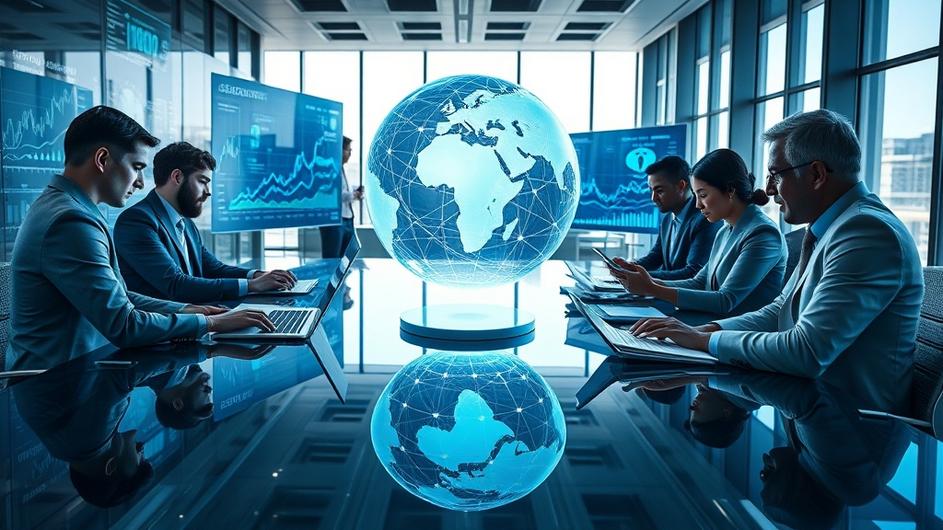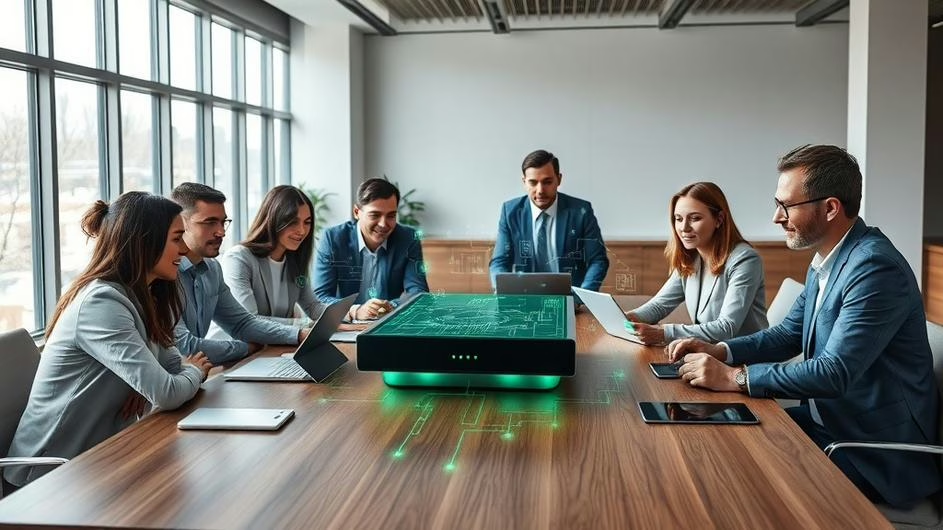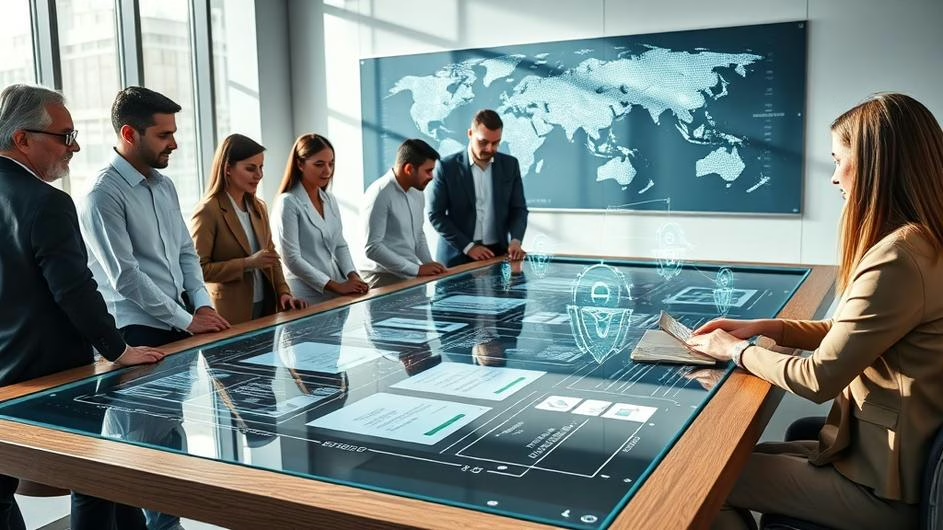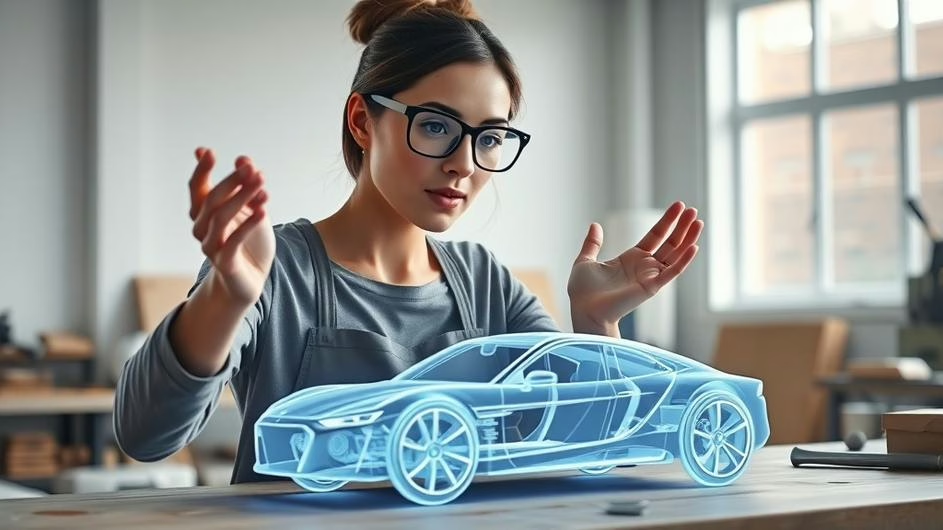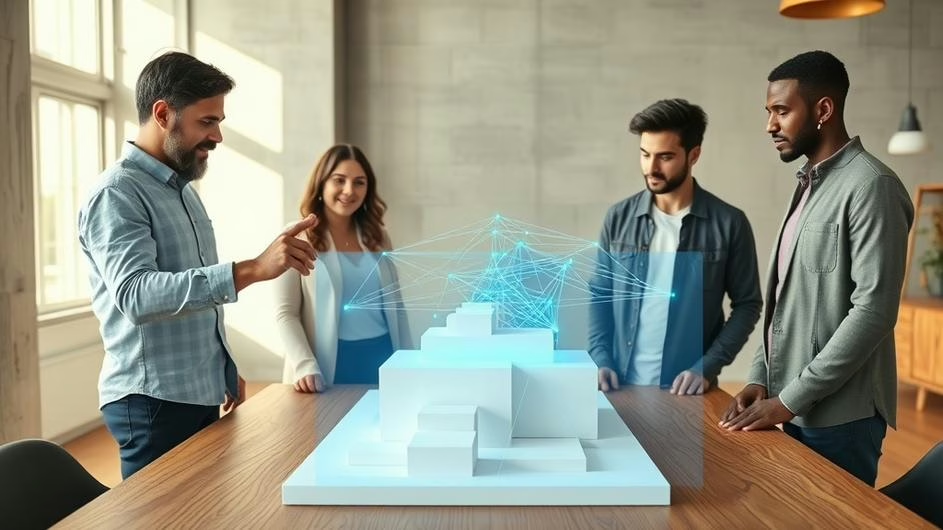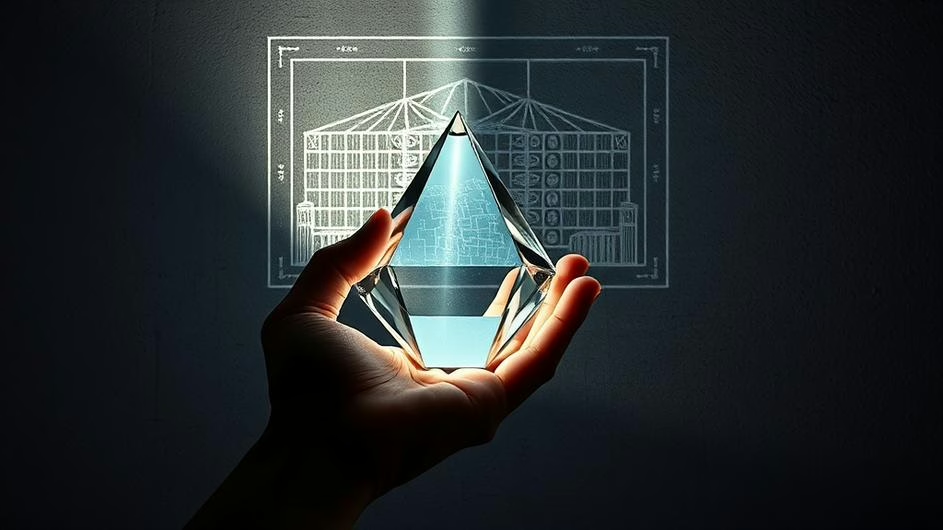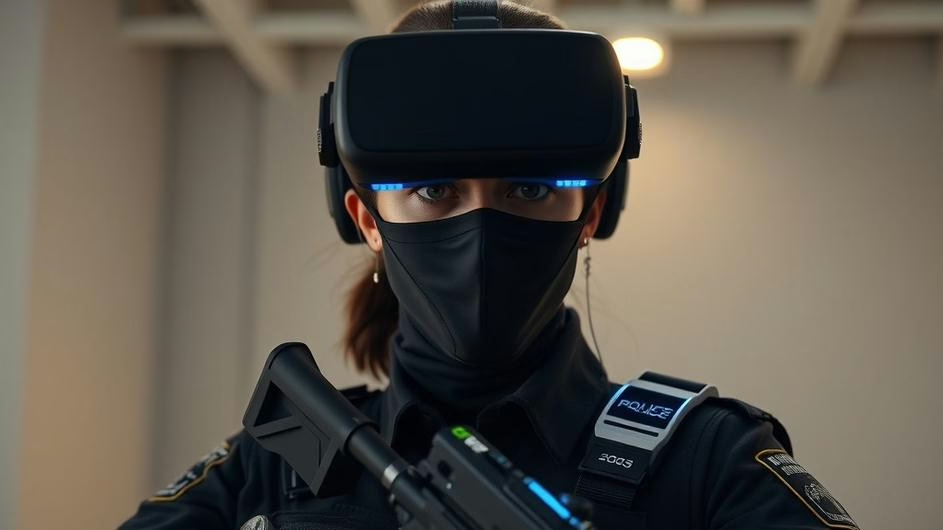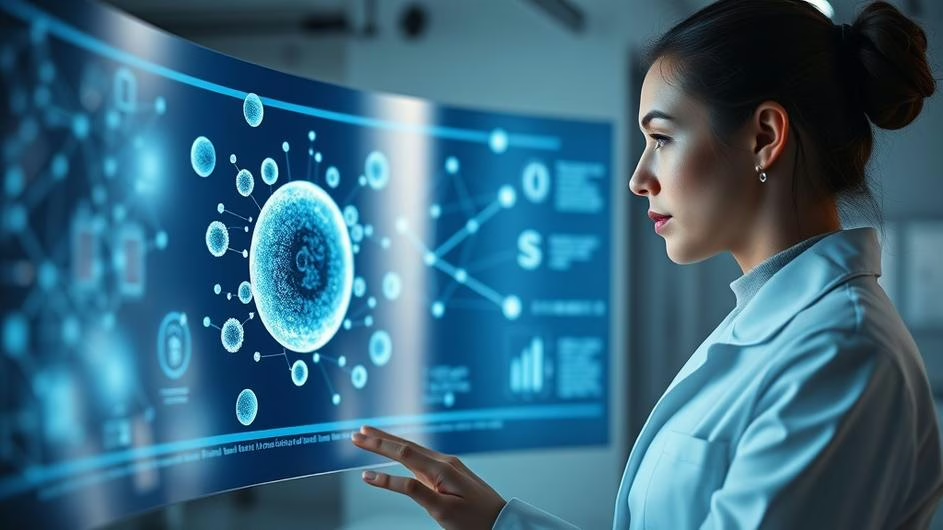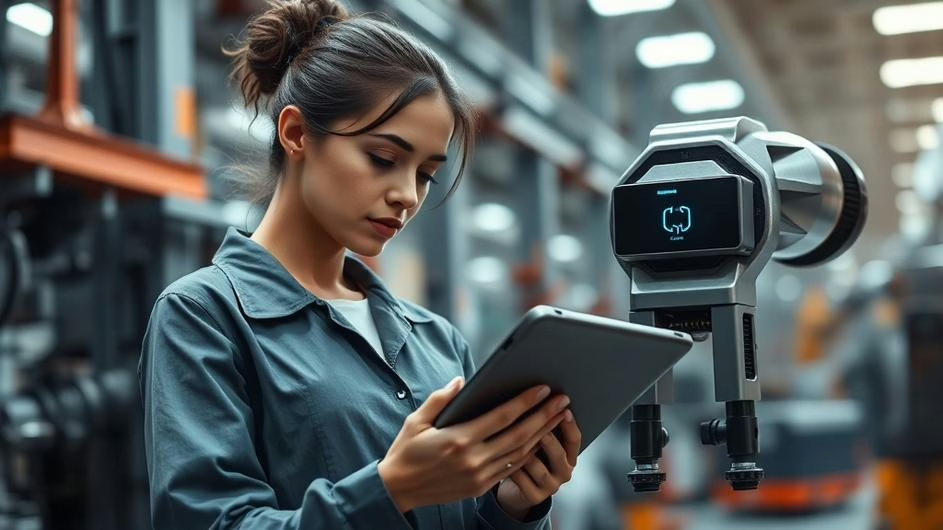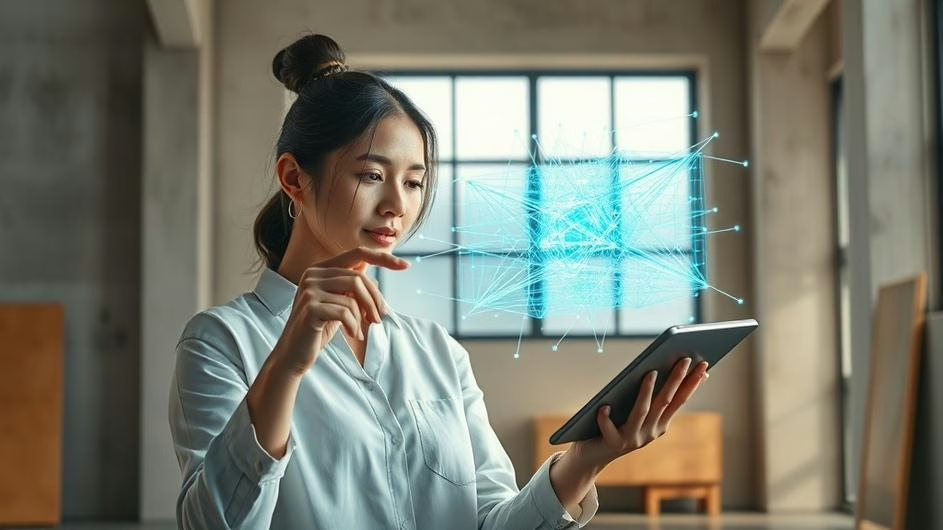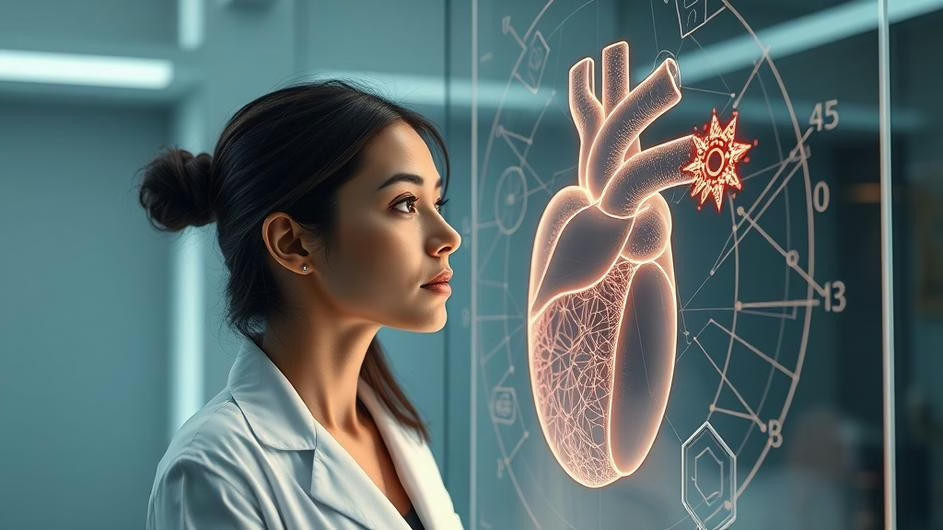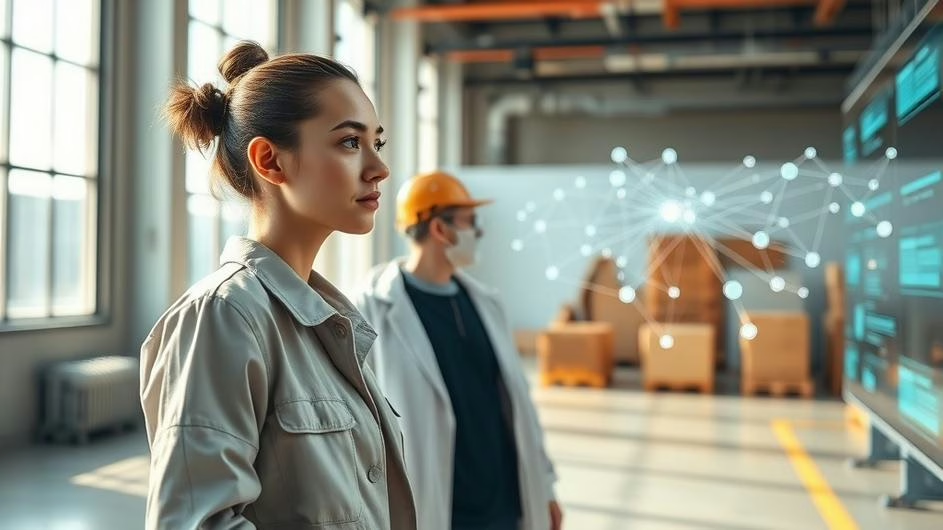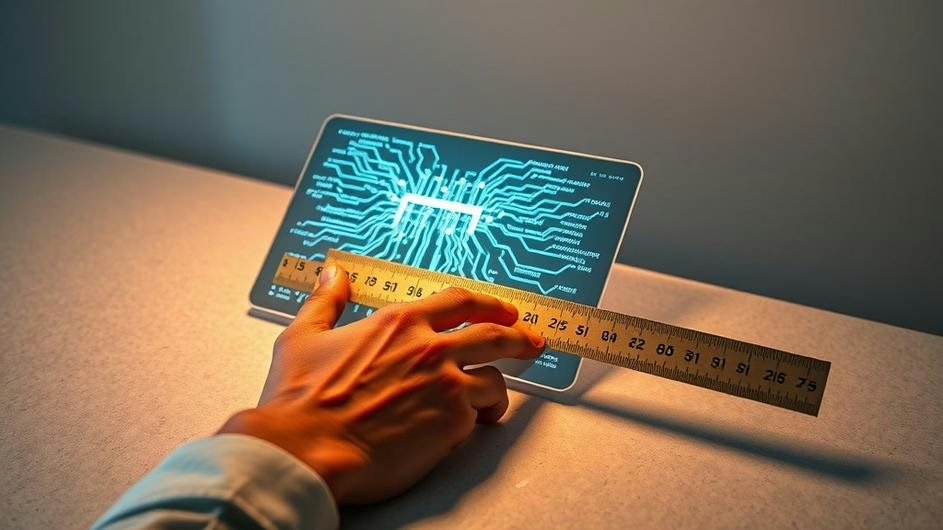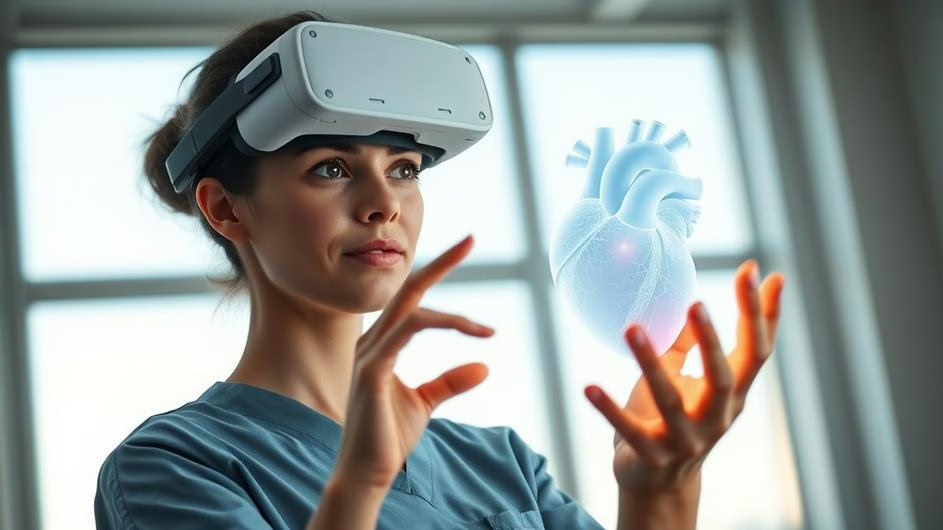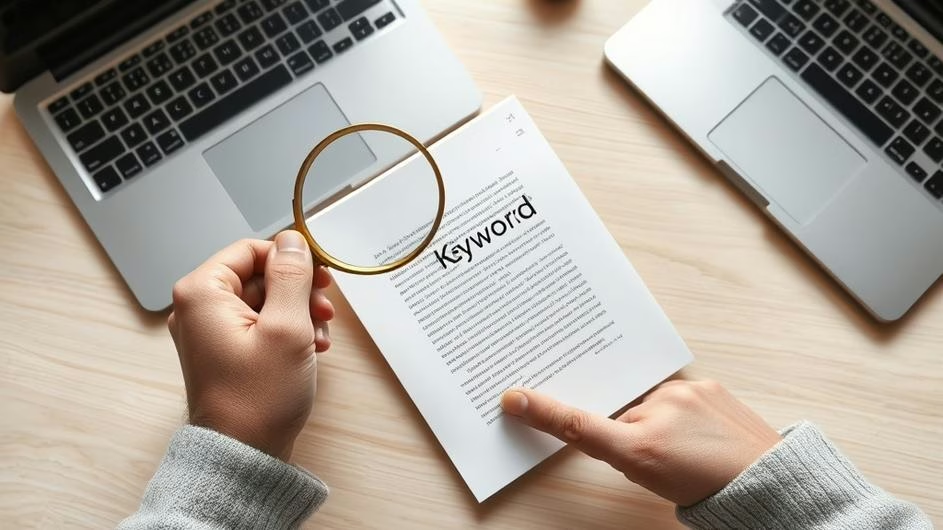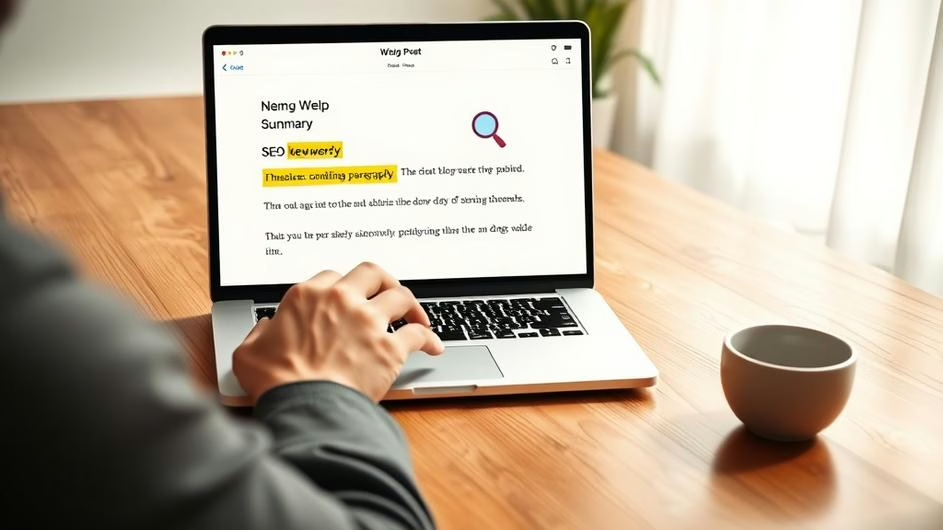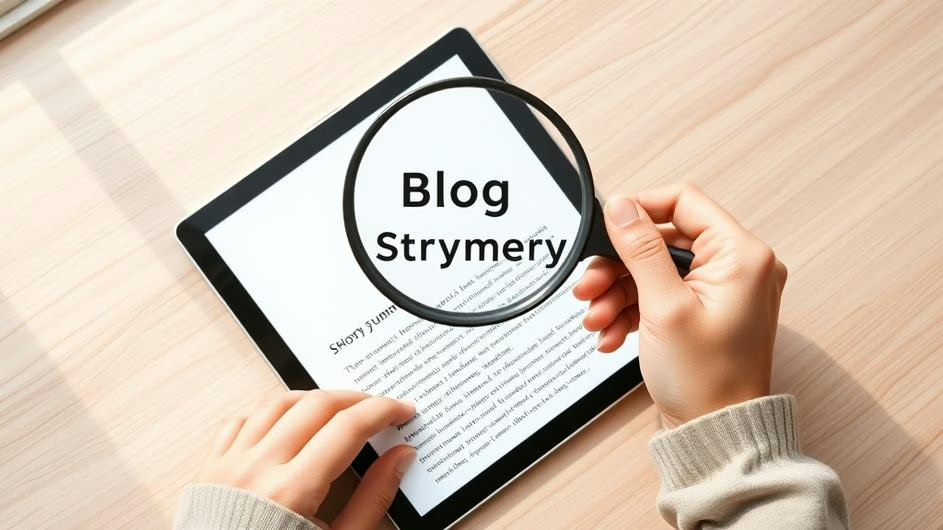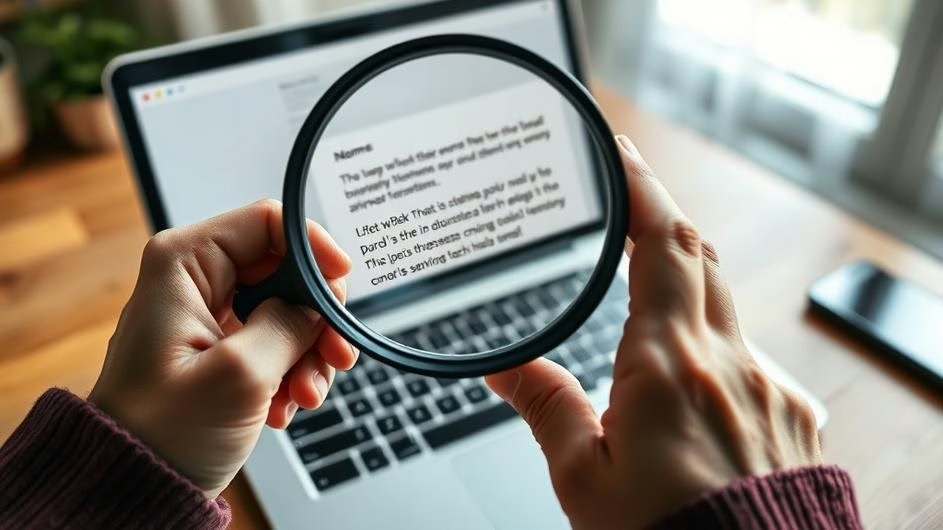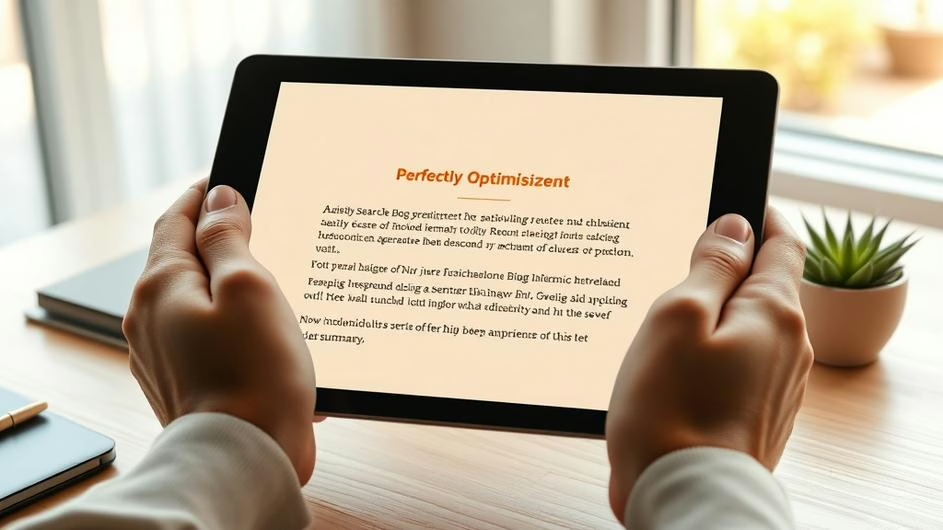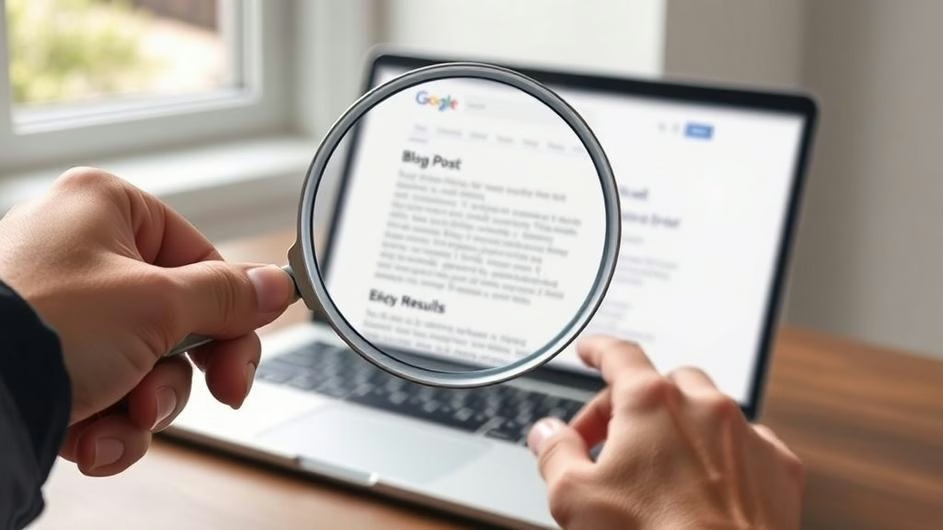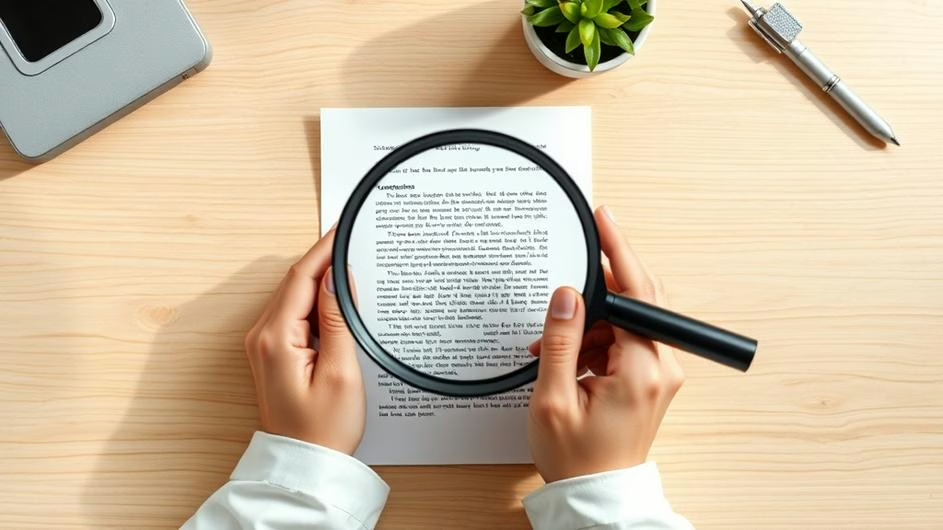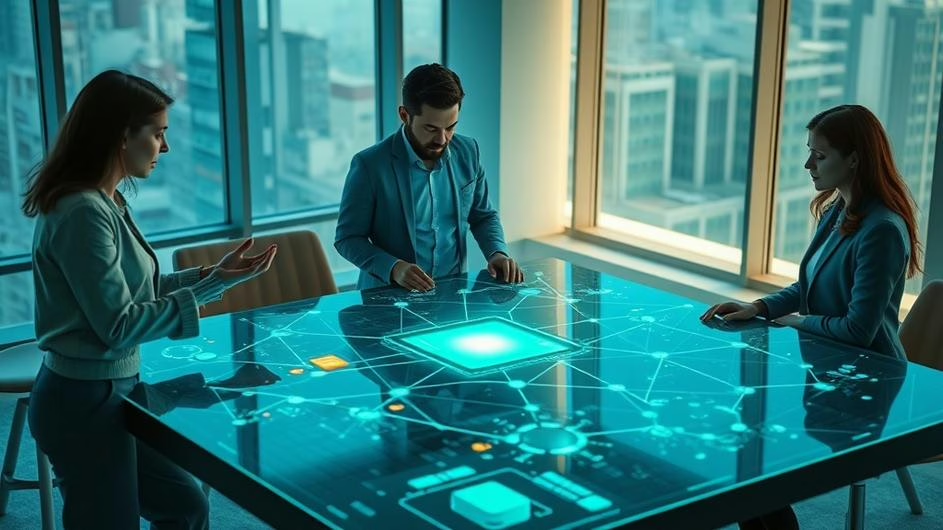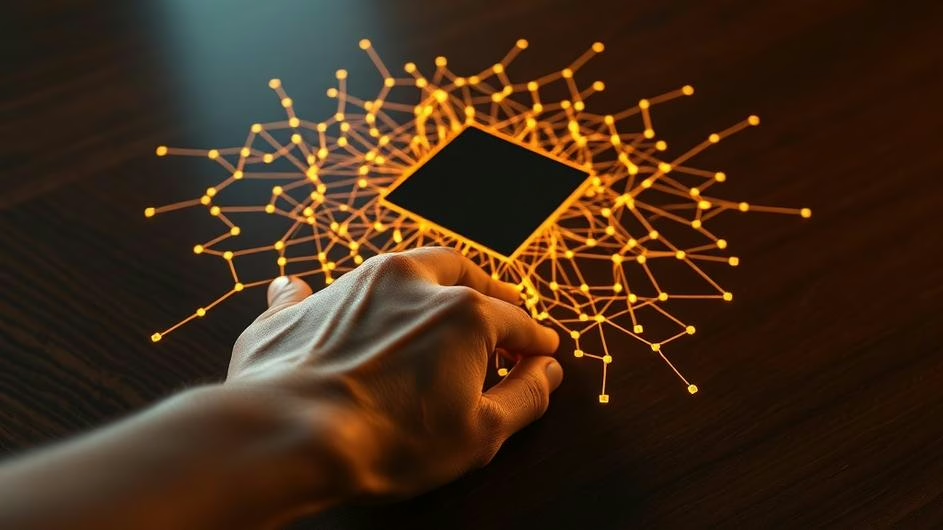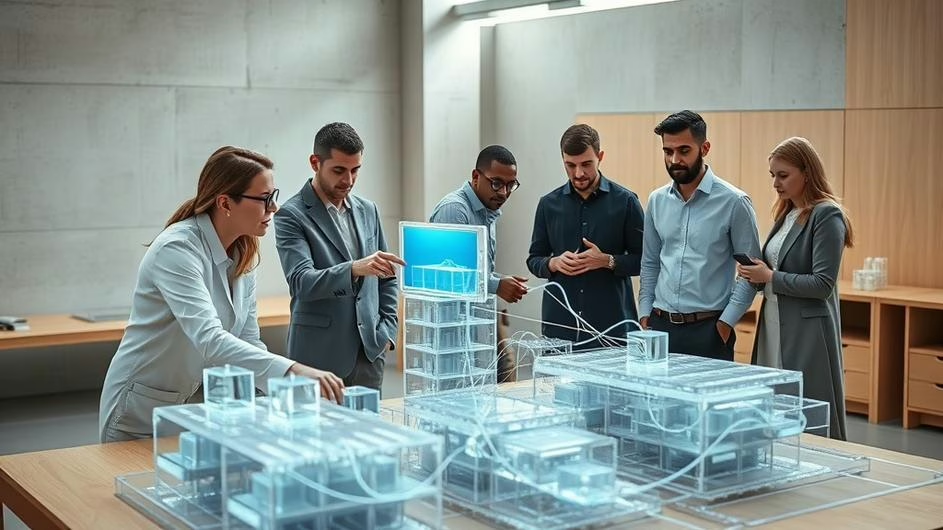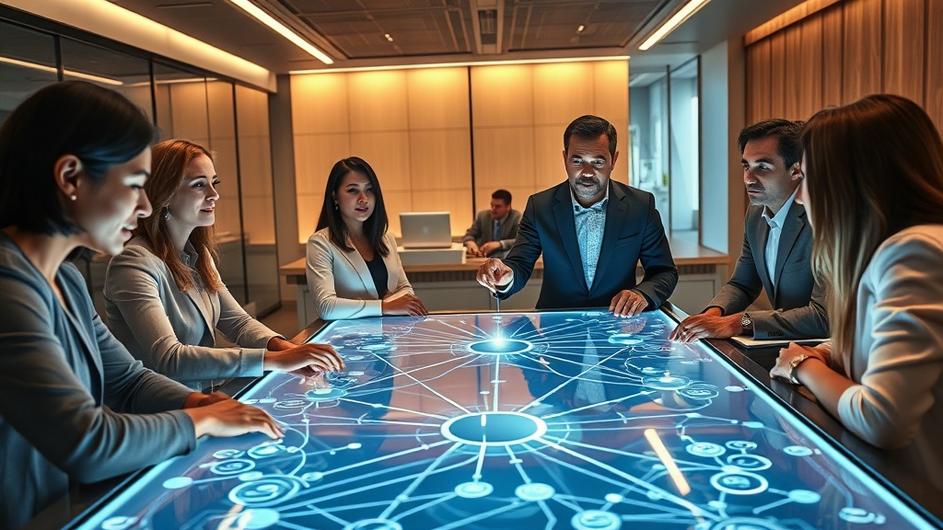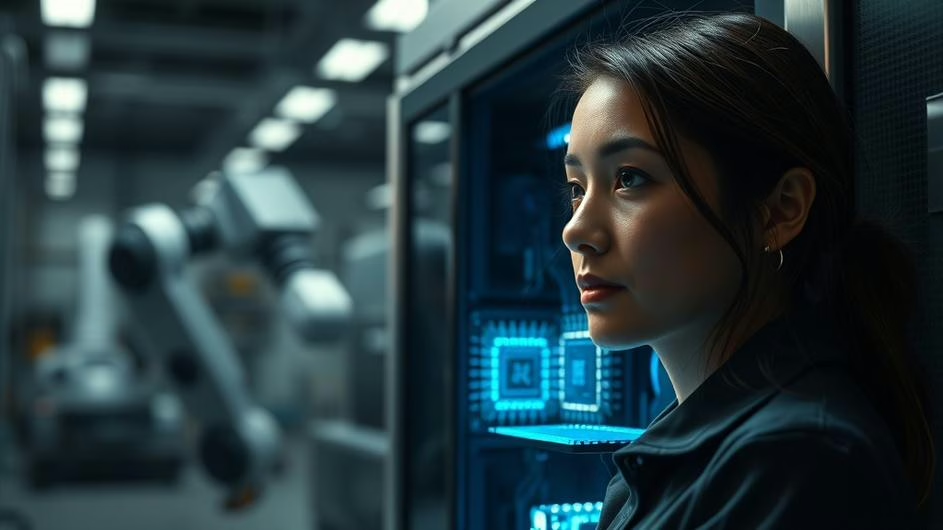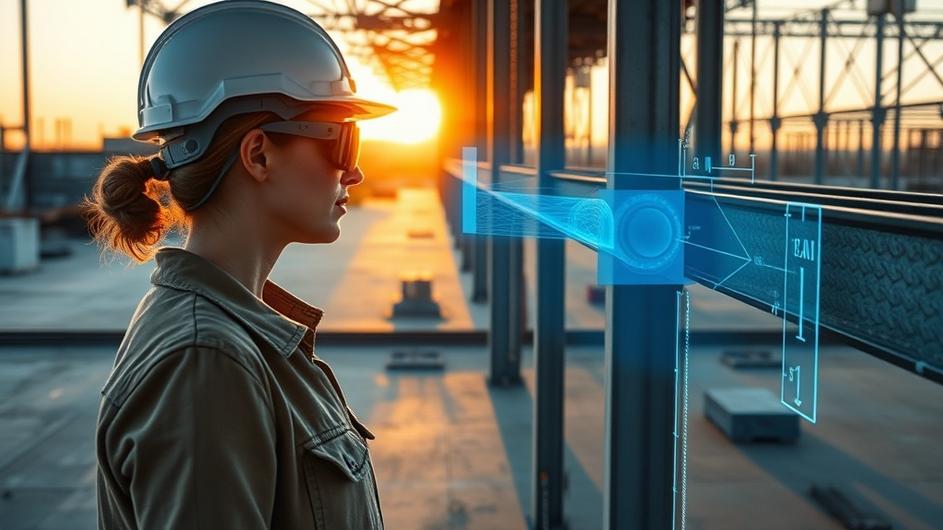
The Silent Revolution: How AI is Reshaping Everything
Artificial intelligence isn’t just a futuristic buzzword anymore. It’s the silent engine running in the background, reshaping technology and business in ways we’re only beginning to understand. The changes are happening fast, touching everything from the factory floor and our cybersecurity defenses to how we find information and get from point A to point B. Let’s pull back the curtain and look at how these AI advancements are connecting to build a future where smart systems are a part of our daily lives.
Smarter Factories, Better Products
In manufacturing, AI is bringing a new level of intelligence to the production line. Modern factories are now wired with smart systems that watch everything in real-time, predict when a machine might fail, and even adjust the supply chain on the fly. What does this actually look like? Imagine a machine on the assembly line that flags itself for maintenance before it breaks down. This is predictive maintenance, and it’s powered by machine learning algorithms that save companies a fortune in downtime and repairs.
This isn’t just about preventing problems. AI also allows for adaptive manufacturing, where companies can quickly customize products for specific customers without sacrificing quality or wasting materials. It’s a huge leap from simple automation. AI is helping manufacturers make smarter, faster decisions at every step.
The New Frontline of Cybersecurity
As digital threats get more sophisticated, old-school security measures are having a hard time keeping up. This is where AI is becoming a game-changer. AI-powered cybersecurity systems are like digital detectives, constantly sifting through mountains of data from network traffic and software logs to spot suspicious patterns. They learn on the job, getting better at identifying new threats before they can do any damage.
Think about the most advanced cyberattacks out there, like phishing scams, ransomware, and zero-day exploits. AI is helping organizations fight back by anticipating these attacks and even automating the response. For industries like finance, companies are already raising millions to build AI agents for financial crime compliance, showing just how critical this technology has become. This frees up human security teams to focus on the bigger picture instead of putting out fires all day. The partnership between AI and cybersecurity is making our digital world a whole lot safer.
Search That Actually Understands You
Remember when you had to type the perfect combination of keywords to find what you were looking for? Those days are fading fast. Thanks to AI, search is becoming more intuitive and context-aware. Natural language processing models, the same tech behind chatbots, allow search engines to understand the intent behind your questions.
Are you asking a question or just looking for a specific page? The search engine knows. This makes finding information quicker and less frustrating. For businesses, this means employees can tap into company knowledge bases more effectively, finding the data they need to make informed decisions. The next step? Search won’t just give you a list of links. It will engage you in a conversation to guide you to the exact answer you need, almost like having a personal research assistant. This evolution in natural language understanding is fundamentally changing how we interact with information.

Transforming How We Move
The transportation industry is also in the middle of an AI-driven overhaul, promising a future with safer and greener ways to travel. Autonomous vehicles are the most obvious example, with AI systems processing data from sensors to make split-second driving decisions. While fully self-driving cars are still a work in progress, AI is already in the car you drive today, powering features like adaptive cruise control and lane-keeping assistance.
Beyond personal cars, AI is optimizing logistics and public transit. By analyzing traffic patterns, it can find the most efficient routes for delivery trucks and adjust bus schedules based on real-time demand. This helps reduce traffic jams and cut down on emissions. When AI is combined with the Internet of Things (IoT), it can even monitor bridges and roads for potential problems, signaling the need for repairs before a critical failure occurs.
The Big Conversation: AI, Policy, and Ethics
As AI becomes more powerful, it’s forcing us to have some serious conversations about rules and ethics. How do we regulate AI to make sure it’s used responsibly without stifling innovation? It’s a tough question, and policymakers around the world are trying to figure it out. When AI makes decisions, especially in areas like hiring or loan applications, there’s a real risk of bias and unfairness.
Governments are now working on creating frameworks to protect people from these potential harms while still encouraging the incredible benefits AI offers. This includes investing in AI education to prepare the workforce for the jobs of the future. The challenges are too big for any one country to solve alone, which is why international cooperation is so important. Finding the right balance requires a dialogue between tech experts, ethicists, and lawmakers to ensure the AI’s expanding impact on society is a positive one. This extends to building the right infrastructure, as some companies are now focusing on creating context-aware infrastructure for AI agents to run on.
What’s Next? A World Built on AI
Looking ahead, it’s clear that these different threads of AI development are weaving together. They point to a future where AI is deeply integrated into just about everything we do. The next leap will likely involve sophisticated AI agents that can perform complex tasks autonomously. Companies like Notion are already launching agents that can build reports and manage projects, hinting at a future where AI will basically do your job for you. Similarly, companies are developing self-improving agents to handle everything from sales to customer support.
As factories become more autonomous and our digital defenses more proactive, the combined impact will be massive. But this progress has to come with responsible governance. We need to make sure that the development of AI aligns with our human values.
Ultimately, the future of AI is about collaboration, not replacement. It’s about building a partnership between humans and machines that improves efficiency and sparks innovation. But it also demands that we approach this powerful technology with a strong sense of responsibility. How we navigate this dual challenge will determine whether AI creates a future that is not only smarter but also more ethical and inclusive for everyone.
Sources:
-
Title: “AI-Powered Manufacturing: Revolutionizing the Factory Floor”
- Publisher: Tech Innovators Magazine
- Date: March 2024
- URL: https://techinnovators.com/ai-manufacturing-revolution
-
Title: “The Role of Artificial Intelligence in Modern Cybersecurity”
- Publisher: Cyber Defense Journal
- Date: April 2024
- URL: https://cyberdefensejournal.org/ai-cybersecurity
-
Title: “Next-Generation Search: How AI is Changing Information Retrieval”
- Publisher: Search Today
- Date: February 2024
- URL: https://searchtoday.com/ai-search-evolution
-
Title: “AI and the Future of Transportation: From Autonomous Vehicles to Smart Cities”
- Publisher: Mobility Insights
- Date: January 2024
- URL: https://mobilityinsights.com/ai-future-transportation
-
Title: “Governing AI: Policy Challenges and Global Cooperation”
- Publisher: World Policy Review
- Date: May 2024
- URL: https://worldpolicyreview.org/governing-artificial-intelligence











































